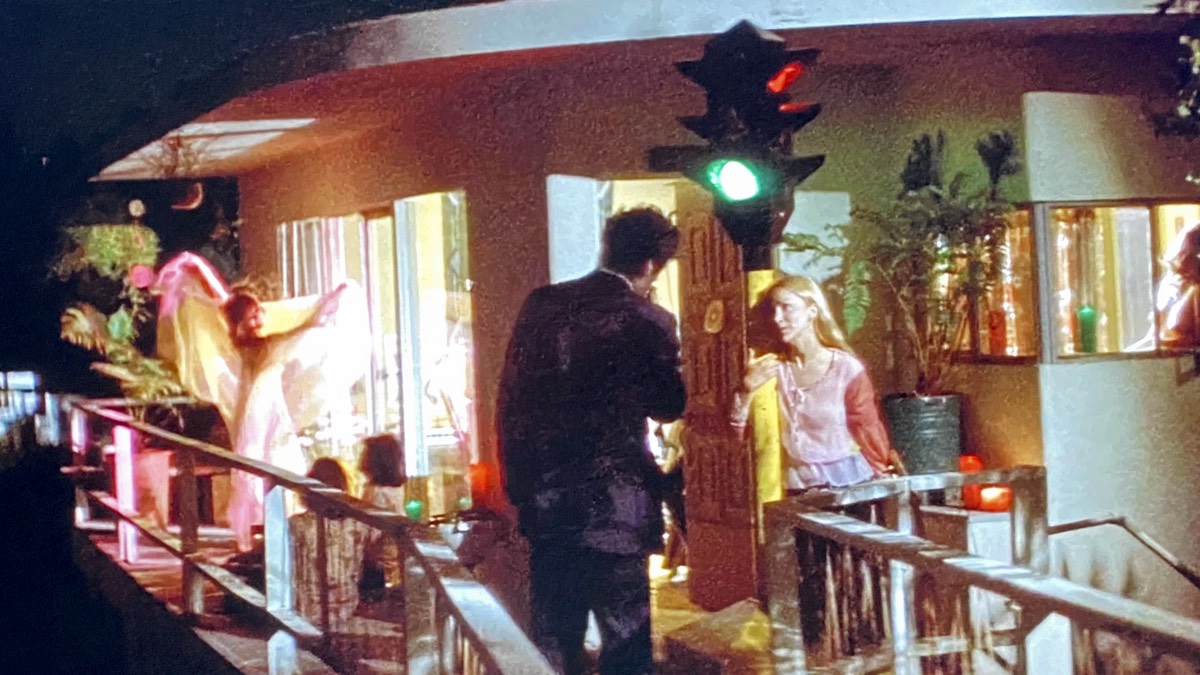
In Ali Smith’s Autumn (2016), when discussing a piece of art, Daniel Gluck asks the young Elisabeth, ‘And what did it make you think about?’. I love the openness of that question. Interpreting art is about making connections. There is a passage where Daniel describes to Elisabeth a collage by a long-forgotten artist, and when I ask myself what Autumn makes me think about, my first answer is — a collage.
I had read that this was a contemporaneous novel, written very quickly over the summer of 2016, in the aftermath of the Brexit vote, but reading interviews with Ali Smith, it was more complicated than that. She had partly written another novel, which also made its way into Autumn, so she must have been writing new material into the structure and details of old material. The story jumps back and forth through time, so you are left with a sense of having looked through an artfully assembled non-chronological series of scenes, much like a collage.
This helped me with my work-in-progress, which slowed to a stop over Christmas. I can imagine Ali Smith standing over a canvas, sticking a scene here, a scene there, gleefully assembling pieces she had written out of order into a final draft. I’m envious of the flow state artists get into. Quick decisions. Instinct. Collaging also reminds me of how a jigsaw comes together. Repeating themes.
The Long Goodbye (1973) was released the year I was born. I guess I’m thinking about births and deaths — I heard a vicar on TV describe the circle of life as ‘hatched, matched and dispatched’ — and time passing. It’s a stunning film noir. Elliot Gould is a pathetic, melancholy Philip Marlowe, pushed and pulled around, desperately loyal to his friends. By the end, that loyalty is exposed as his weakness. The climax is surprising and cathartic. The story’s character work pays off. It’s like a novel in the way Marlowe constantly talks to himself, revealing his inner world. No matter what eccentric scene he comes across, he reflexively says, ‘It’s okay with me’. Until finally, it is not okay.
- Autumn, Ali Smith (2016)
- The Long Goodbye, dir. Robert Altman (1973)